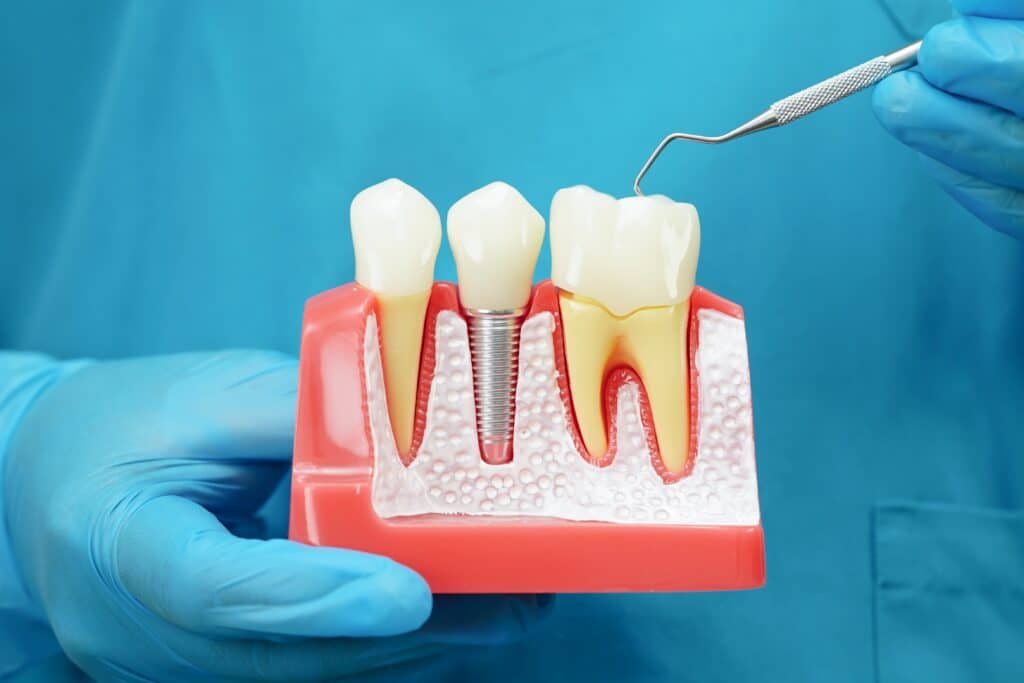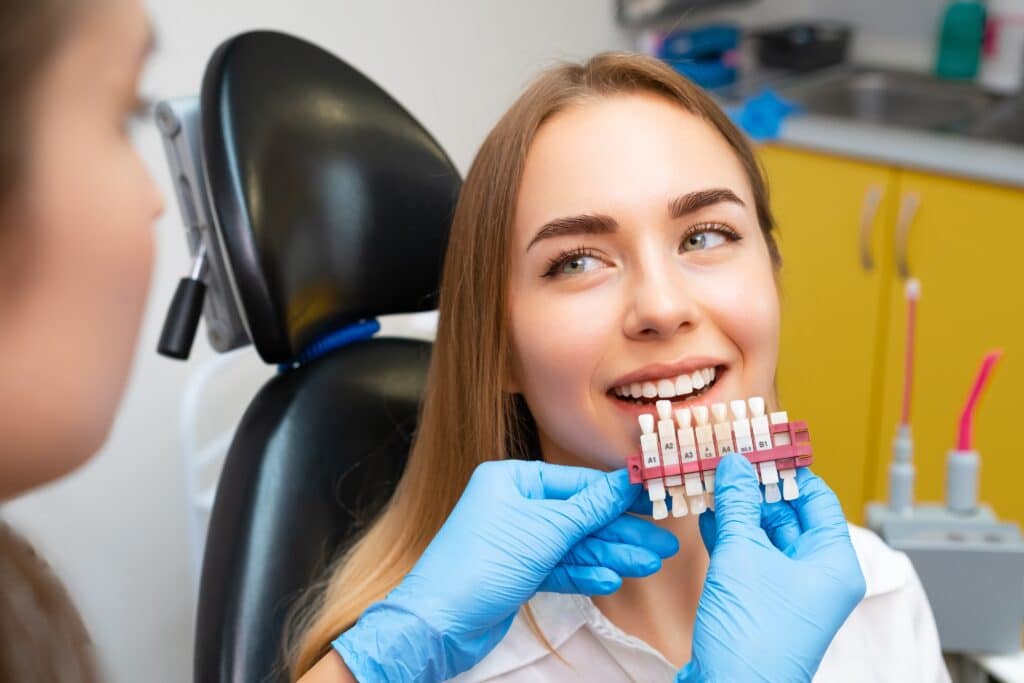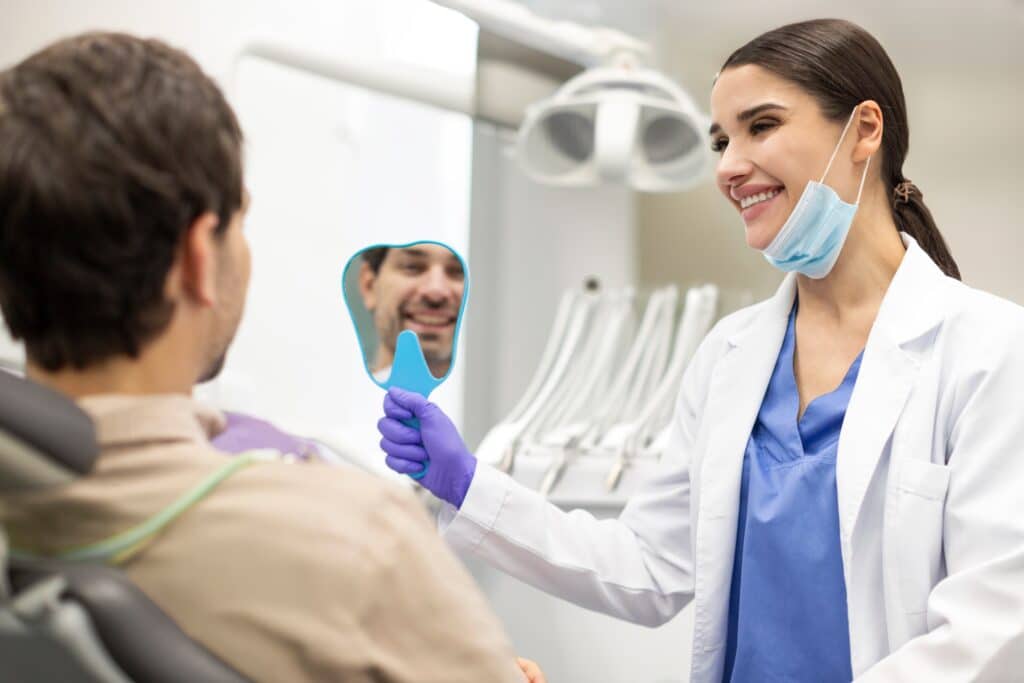Your teeth are designed to go the distance, but, unfortunately, that’s rarely the case anymore. Consider this: 178 million Americans are missing at least one tooth, and 40 million are missing all of their teeth.
If you find yourself struggling with deteriorating dental health and you’re looking for solutions, we here at McLean Aura Dentistry would like to take this opportunity to highlight one very good option — dentures. Under the direction of Dr. Negar Tehrani, our team has extensive experience helping our patients regain the ability to smile, chew, and talk easily with dentures.
Here’s a look at when you might consider dentures.
Advancing gum disease
One of the primary culprits when it comes to losing teeth is gum disease or periodontitis. The CDC reports that nearly half of Americans 30 years and older have some degree of gum disease, which places them at great risk for tooth loss.
In its earliest stages, gum disease is highly treatable, but, left unchecked, periodontitis can wreak havoc on your gums, teeth, and connective tissues. The more your gum disease advances, the more vulnerable your teeth become, causing them to loosen and, eventually, require removal.
If you have advancing gum disease that isn’t responding to treatments, or the damage done is too great, dentures provide you with an extremely effective teeth-replacement option.
With complete dentures, we can replace entire rows of teeth. With partial dentures, we replace only the teeth that are affected while preserving your remaining teeth.
Tooth decay
The second culprit behind tooth loss is decay. To put some numbers to this problem, more than 90% of Americans over the age of 20 have dental caries, and more than one-quarter of adults in this same age group have untreated caries.
Like gum disease, tooth decay is progressive, and the longer the bacteria have access to your tooth (or teeth), the more damage they can inflict, eventually compromising the entire tooth.
If you have teeth that have been irreparably damaged by tooth decay, it’s often best to extract the tooth entirely and find an adequate replacement option. While dental implants are great for single teeth, if decay has affected many of your teeth, dentures may provide the optimal path moving forward.
Trauma
Another issue that can affect your teeth is trauma to your mouth. If you’ve had several teeth knocked out, you may want to consider partial or full dentures, depending upon the extent of the damage.
Trauma can also describe any extensive dental work that isn’t holding up over time. In these cases, your existing teeth may not be able to support any more work (fillings, crowns, etc.), making extraction and replacement a good solution.
Lack of support
If you have missing teeth and your jawbone lacks the strength, mass, and density to support implants, dentures may present your best replacement option.
Economy
Another consideration for replacing missing teeth is your budget. Dentures are a more economical solution than other replacement options, namely dental implants. If you’re somewhere in the middle, we also offer All-on-4® dentures, which combine dental implants with dentures.
If you have more questions about whether you should consider dentures, please contact our office in McLean, Virginia, to set up a consultation.




